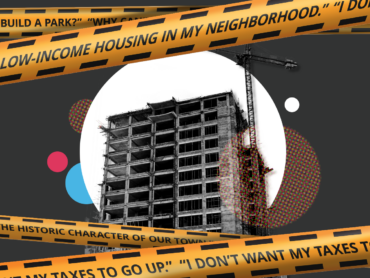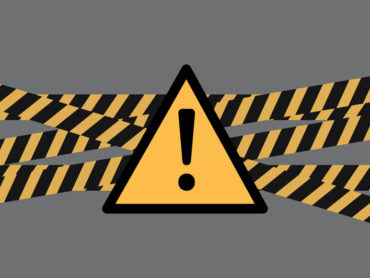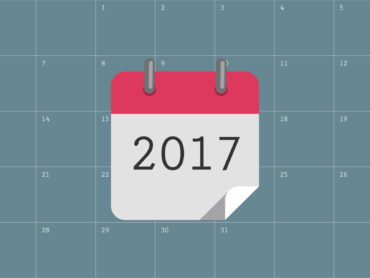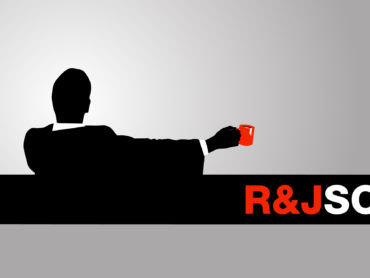The Asteroid is Coming – Are You as Unprepared as the Dinosaurs Were?
While opening today’s email, I was confronted with this subject line from New Jersey Business magazine: Is a Recession at Our Doorstep?
Not long after, I viewed an email solicitation to attend a conference that Real Estate New Jersey magazine is sponsoring. The conference is entitled: When Will the Economic Expansion End?
Now I’m no economist, and I don’t pretend to have any superpowers that allow me to see into the future. But I DO know several things, each of which can be seen as a potential warning sign, that the days may be numbered for the decade-plus-long economic expansion:
- The longest economic expansion (prior to our current one) since World War II lasted 120 months. The current expansion has just entered its 125th month
- Manufacturing growth is now flat.
- Job expansion is slowing.
- The world is a dangerous and unpredictable place with trade wars, shooting wars, looming Brexit, a highly contentious presidential election, and lots of other things to worry about.
“But wait, John,” I can hear someone saying, “Isn’t the Dow Jones Industrial Average way up?” Well, two things about that. First, despite recent record closes, “The Dow” has been essentially flat since January of 2018. More importantly, as Kai Ryssdal often reminds us on NPR’s Marketplace show, “The stock market is NOT the economy.”
Whether you believe a recession is imminent or not, doesn’t it make sense to, at the very least, consider a few prudent steps to shore up some things that can help your business to not only survive, but perhaps to thrive in the event of an economic pause or downturn?
When I talk with my clients about this subject, there are a few ideas that I like to bring up. These are certainly not applicable across all business lines, nor is this by any means a comprehensive list. And, of course, there is no “cookie cutter” formula. But here are some things you may want to consider:
- Consider diversifying your revenue streams, if possible. Historically through several of the past recessions, some industry categories have been hit harder than others – notably residential real estate, and many of the ancillary and related industries, like furniture and construction materials. Travel and lodging also fared worse than many in the last recession, for example. Conversely, some industries did better than most, including healthcare, senior services, food & beverage and information technology, to name a few.
- Sock away some cash. Almost by definition, a recession is that proverbial “rainy day” that you should be saving for. And related to that…
- Manage your debt load. In a recession, receivable payments tend to stretch out a bit longer, and cash flow can suffer. Think ahead, if you can, to manage your debt load to insulate you somewhat from this eventuality.
- (And now for the self-serving point) Don’t slash your marketing budgets. Virtually every study of past recessions demonstrates that companies that “stayed the course” in their marketing/advertising not only fared better, but regained market share far faster than competitors who panicked and looked for the nearest unoccupied foxhole to hide in. This isn’t to say that you shouldn’t examine marketing budgets to make them smarter and to work as hard as possible. But cutting marketing budgets with a scalpel and not a chain saw has generally worked out better for companies through past recessions. (You can read more about this here, here and here.)
R&J has been around since 1986, and as such, we’ve lived through and helped our clients to weather several recessions. We are “cycle-tested.” In those times, we worked with our clients to examine priorities and to help them to address short- and long-term goals strategically with the aim of not only helping them get through the recession, but to come out of it positioned for renewed growth and continued success.
Nobody knows if or when a recession might occur, how long it might last, or how deep it may be. Case in point: I once heard someone say, “If you line up 1,000 economists, they would all be facing in a different direction.” But the ebb and flow of economic conditions makes it probable that we will have some sort of an economic correction, if not a recession, in the not too distant future.
News about things like inverted yield curves, and dire predictions by some economists certainly make headlines. And like you, I hope they’re wrong. But nonetheless, it is only prudent to take steps to be prepared. Perhaps we should have a conversation about what might be done for your business before you wake up one morning and find yourself in the beginning throes of a recession. As the old saying goes, “Forewarned is fore-armed.”





















































































